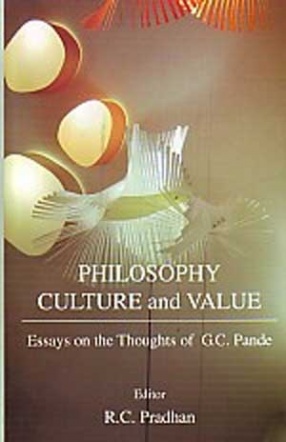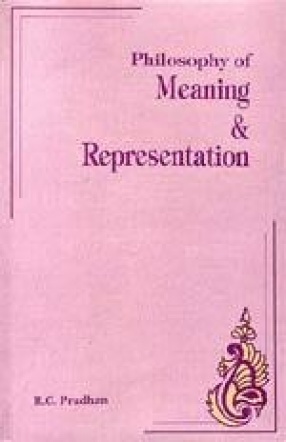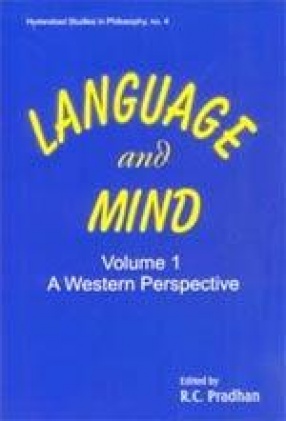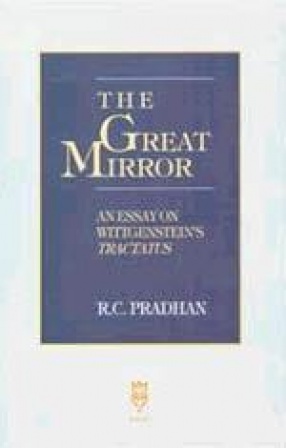
Showing all 6 books


Govind Chandra Pande, b. 1923, Indian philosopher and historian; contributed articles.

The book is an open-minded evaluation of Wittgenstein’s philosophy of language from fresh perspectives to bring out its contemporary significance. Including papers presented by noted Indian philosophers at a national seminar, it examines the special place of Wittgenstein in the development of philosophy in the West in the twentieth century. The papers offer an in-depth critique of Wittgenstein’s theories on the limits and structure of language, operationalism ...

This book presents a systematic view of the landmark developments in analytic philosophy in the twentieth century. It highlights the development of the concepts such as language, meaning truth, reference, necessity, analyticity, etc. which have been central to analytic philosophy. The author has attempted to bring out the issues of analytic philosophy in a systematic and coherent fashion. Analytic philosophy, inspite of the appearance to the contrary, is a ...

Surveying all the landmark developments in the recent philosophy of language, the book focusses on ‘meaning’ and ‘linguistic representations’ in its thematic effort to propose a representational theory of meaning. Meaning is the autonomous component of language: its semantic content and its essence as well. The book, thus, tries to link meaning with linguistic representations — which, in themselves, not only are logico-grammatical structures, but also ...

This work is a collection of papers dealing with the problems concerning the relation between language and mind. It focuses on the recent developments in the philosophy of language and mind, particularly with regard to the computational approach to this subject. The computational approach defended by Fodor and others ahs changed the very concept of language and mind thus ushering in a new philosophy in recent years. But, not unsurprisingly, there has been a ...

This book proposes to examine the centraldoctrines of Wittgenstein's Tractatus from a transcendental point of view. Wittgenstein has been treated for long as an empiricist and positivist thinker. This has resulted in a total distortion of Wittgenstein's philosophy in the Tractatus. I have tried to rectify the distortion by showing that Wittgenstein has argued for a transcendental point of view which sets the limits of language and scientific ...
